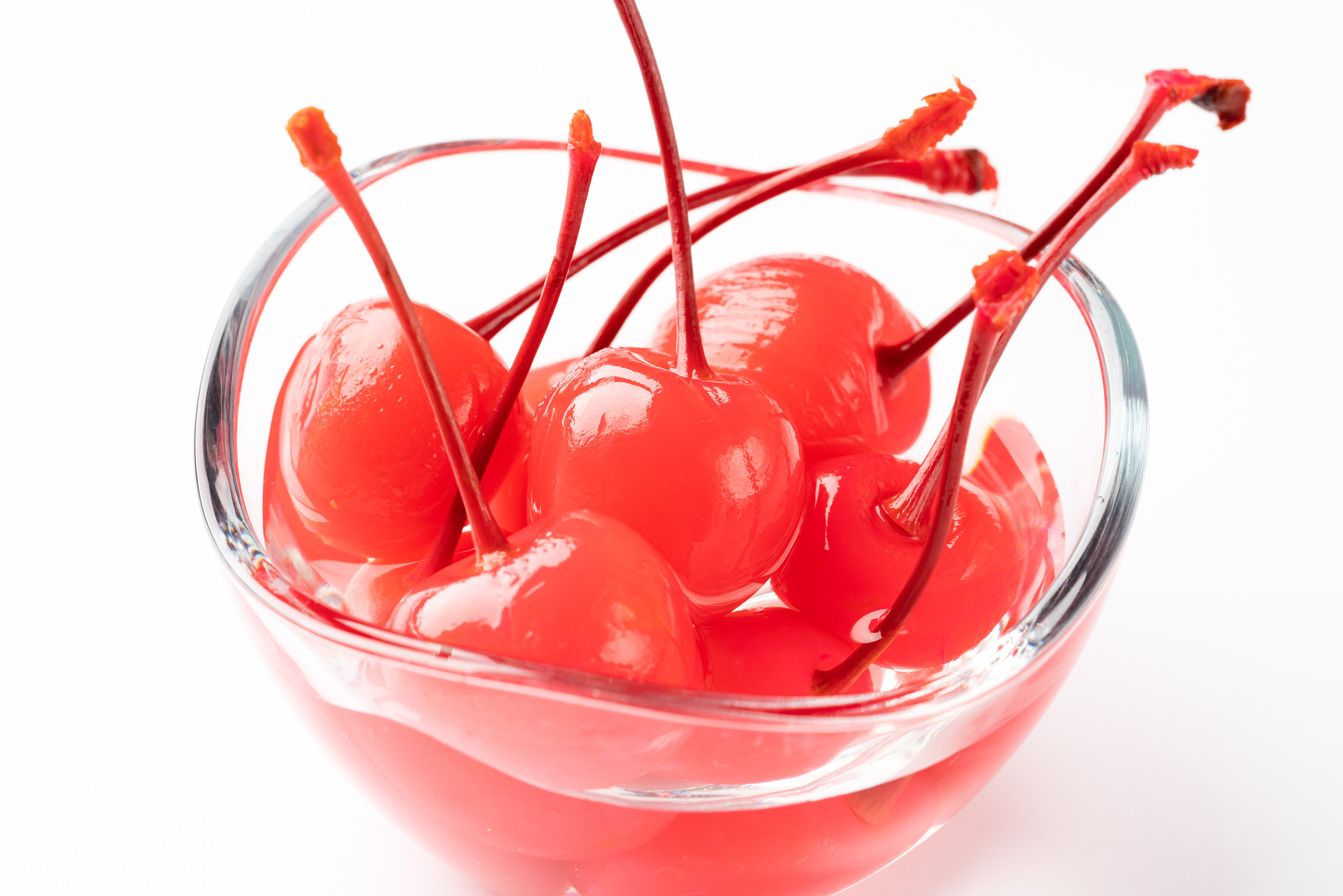If you’ve seen black raspberries at the farmer’s market, you probably thought they were just blackberries. This self-disguising fruit is a variant of the original red raspberry and new research shows it could help beat summer skin allergies.
Black raspberries have been long studied for their anti-inflammatory properties and in a recent experiment with mice on a black raspberry diet, scientists found that the new food reduced redness and swelling associated with common skin irritants.
So how do they help? The berries appear to help temper the immune system itself and tell it that the allergen is not a threat. Although more research is needed to establish the extent of their effect on skin and allergies, the availability and deliciousness of this fruit make it worth a shot if you’re someone who suffers from summertime skin irritation.
These berries are commonly grown in the U.S. Pacific Northwest and can be differentiated from their blackberry lookalikes by the small hairs they grow on their surface. The good news is its prime summer berry season, so if you’re looking to try out this allergy remedy, black raspberries should be easy to find!












